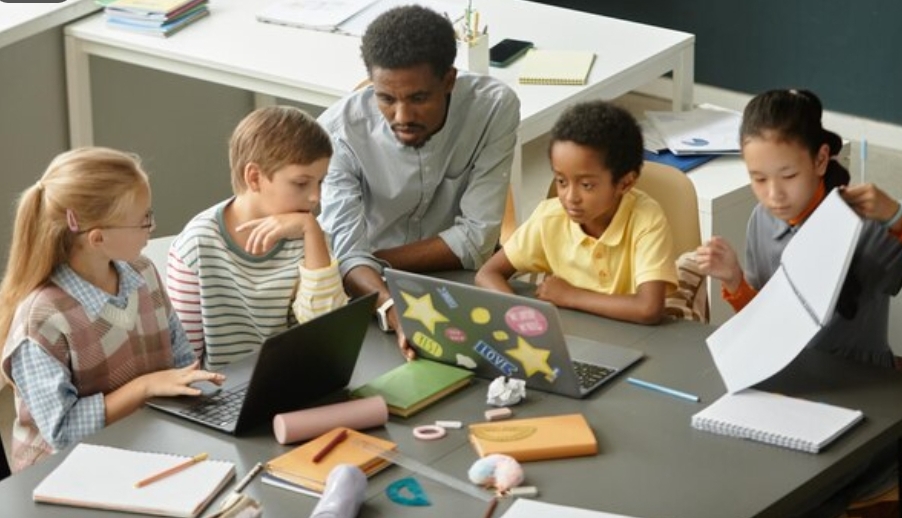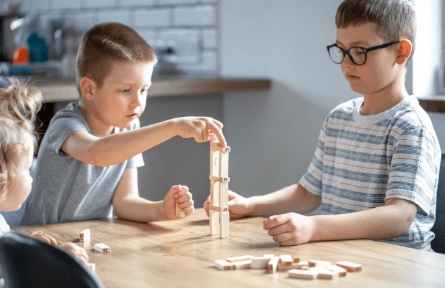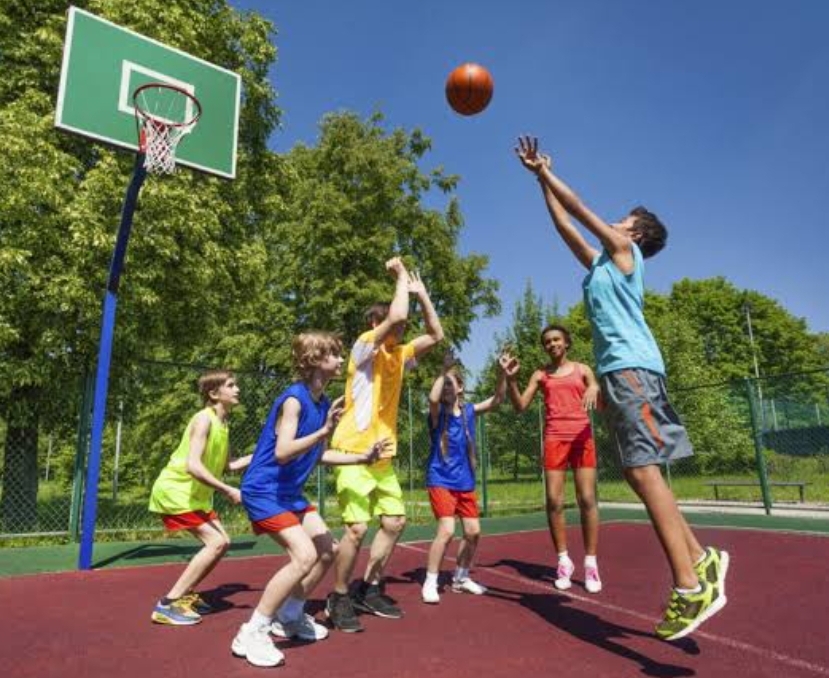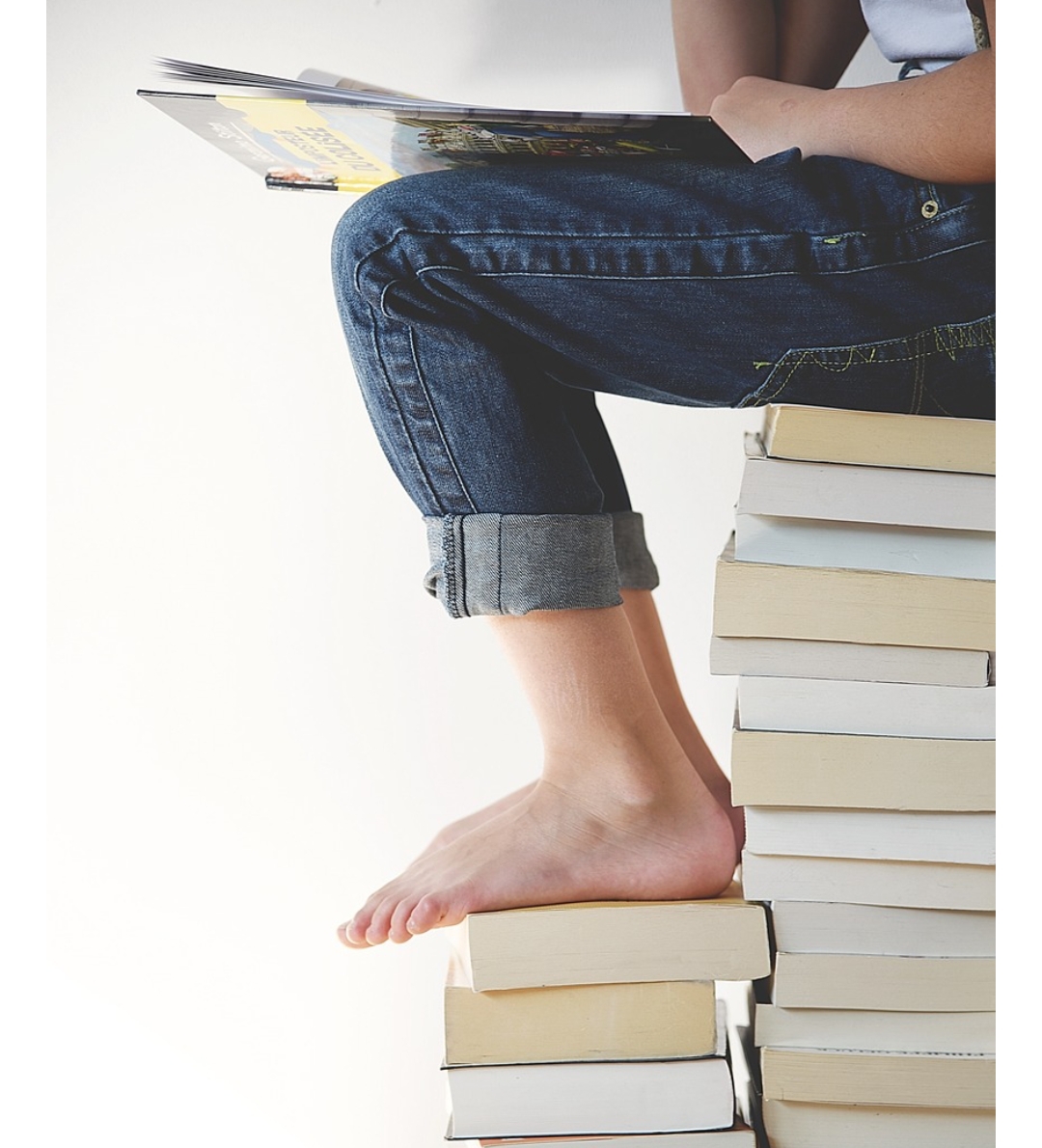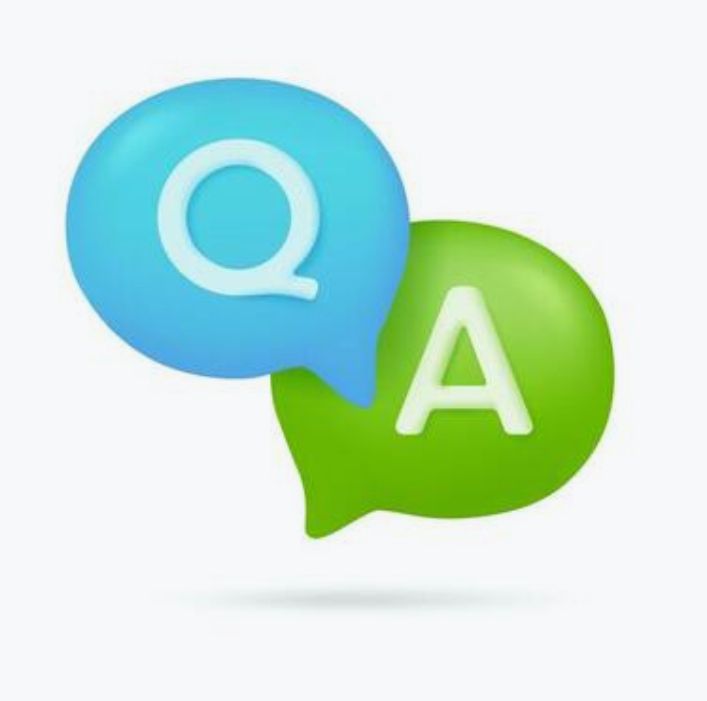
Fasten your seatbelts, knowledge seekers! Today, we embark on a captivating journey with Dr. Alice Lumina, a renowned futurist and educational thought leader, to explore the future of learning. Get ready to be inspired as Dr. Lumina sheds light on the exciting possibilities that lie ahead and transforms our vision of education from classrooms to boundless adventures!
Question: Crystal ball time, Dr. Lumina! What are some of the most transformative trends you see shaping the future of education?
Dr. Lumina: Ah, an excellent question! The future of learning is brimming with exciting possibilities. One of the most transformative trends I see is the rise of personalized learning. Imagine classrooms that cater to individual needs and learning styles, not a one-size-fits-all approach. Adaptive learning technologies will create unique pathways for each student, ensuring everyone progresses at their own pace and reaches their full potential.
Question: Textbooks are so last millennium! How will technology revolutionize the way we learn? Can you share some mind-blowing examples?
Dr. Lumina: Technology is poised to become a transformative force in education! Imagine classrooms without physical walls – virtual reality will transport students to the heart of the Amazon rainforest or the bustling streets of ancient Rome. Augmented reality will bring historical figures and scientific concepts to life right before their eyes. Interactive simulations will allow students to experiment and learn from mistakes in a safe, virtual environment. These are just a few examples of how technology will make learning more engaging, interactive, and accessible than ever before.
Question: Gone are the days of rows and desks! What will the classroom of the future look and feel like? Think holograms, AI tutors, or maybe something even more fantastical!
Dr. Lumina: The classroom of the future will be a far cry from the traditional model. Imagine flexible learning spaces that encourage collaboration and creativity. Think open floor plans with movable furniture, designated areas for project-based learning, and even green spaces where students can connect with nature. Holographic displays might showcase complex concepts, and AI tutors could provide personalized instruction and support. The possibilities are truly endless!
Question: Artificial intelligence – friend or foe in the classroom? How can AI be harnessed to personalize the learning experience for each student?
Dr. Lumina: AI has the potential to be a powerful ally in education, not a foe. Imagine intelligent tutoring systems that analyze a student’s strengths, weaknesses, and learning pace. These AI tutors can then personalize learning plans, recommend resources, and provide targeted feedback. This allows teachers to focus on more individualized attention and fostering a love of learning in their students.
Question: Collaboration without borders! How will technology foster global connections and cultural exchange among students from around the world?
Dr. Lumina: Technology will break down geographical barriers and foster global collaboration in classrooms. Imagine students from different countries working together on projects through virtual platforms. Video conferencing will allow them to exchange ideas, debate solutions, and celebrate the richness of diverse cultures. Online forums will buzz with discussions on global challenges, fostering empathy and the ability to navigate an interconnected world.
Question: The world is our classroom! How can we leverage virtual reality and augmented reality to create immersive learning experiences that bring subjects to life?
Dr. Lumina: Virtual reality (VR) and augmented reality (AR) have the power to transform education from passive learning to active exploration. Imagine VR field trips to historical landmarks or even the depths of the ocean. AR can overlay digital information on the real world, allowing students to examine the inner workings of the human body or explore the night sky through their mobile devices. These immersive experiences will make learning exciting, memorable, and deeply engaging.
Question: Rote memorization? Snoozefest! How will the future of education focus on developing critical thinking, problem-solving skills, and creativity?
Dr. Lumina: The future of education goes beyond rote memorization. The focus will shift towards developing critical thinking, problem-solving skills, and creativity. Imagine classrooms where students tackle real-world challenges, design solutions to local problems, and engage in creative projects that showcase their unique talents. This approach will prepare students not just for standardized tests, but for the dynamic and ever-changing world that awaits them.
Question: Beyond academics! How will schools nurture the social and emotional well-being of students in the future?
Dr. Lumina: Schools of the future will recognize the importance of social and emotional well-being. Imagine mindfulness exercises that equip students with tools to manage stress and anxiety. Lessons on healthy relationships will foster empathy and effective communication skills. Opportunities for creative expression will allow students to explore their emotions and build self-confidence. By prioritizing well-being, we empower students to thrive not just academically, but personally and socially. This holistic approach ensures that students graduate with the emotional intelligence and resilience needed to navigate the complexities of life.
Question: Lifelong learning is key! How can educational systems be designed to empower individuals to continuously learn and adapt throughout their lives?
Dr. Lumina: The future of learning is a lifelong journey, not confined to the walls of a classroom. Educational systems will need to adapt to this reality. Imagine online learning platforms offering micro-credentials and skill-building courses relevant to the ever-evolving job market. Community centers could become hubs for lifelong learning, offering workshops on everything from coding to creative writing. By fostering a culture of continuous learning, we empower individuals to stay relevant, adaptable, and engaged throughout their lives.
Question: A final word of inspiration for our readers. What is your message to students and educators as we prepare to navigate this exciting new landscape of learning?
Dr. Lumina: To our students, I say: Embrace curiosity! Ask questions, explore different ideas, and never stop learning. The future belongs to those who are adaptable, creative, and lifelong learners. To our educators, I say: Be the architects of this exciting new world! Embrace innovation, experiment with new technologies, and inspire your students to become the future leaders and changemakers of our world. Together, let’s transform education from a passive experience to a thrilling adventure of discovery!
This conversation with Dr. Lumina is just the beginning! Share your thoughts and ideas in the comments below. What aspects of the future of learning excite you the most? What innovative practices are you already implementing in your classroom or learning environment? Let’s keep the dialogue flowing and co-create a future where learning is a boundless adventure for all!






